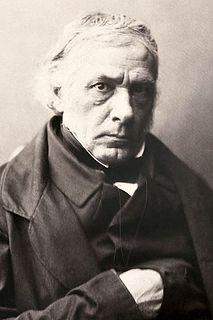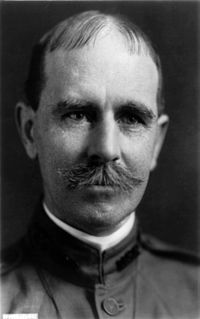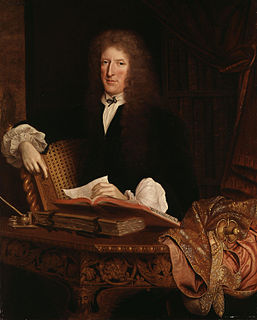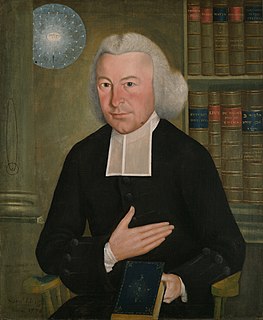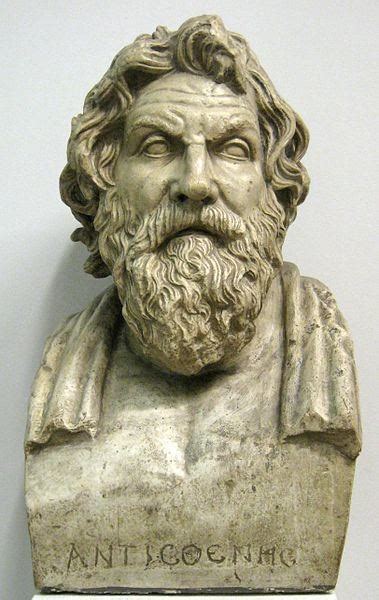A Quote by Aristotle
Equity is that idea of justice which contravenes the written law.
Related Quotes
Law and justice are from time to time inevitably in conflict ... . The jury ... adjusts the general rule of law to the justice to the particular case. Thus the odium of inflexible rules of law is avoided, and popular satisfaction is preserved ... That is what jury trial does. It supplies that flexibility of legal rules which is essential to justice and popular contentment.




